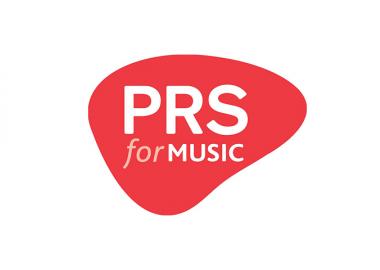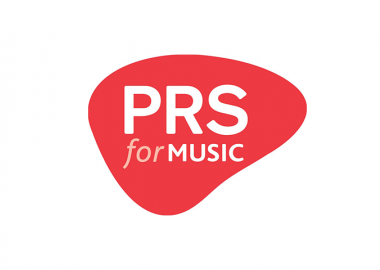PRS for Music collects royalties for composers, songwriters, and publishers whenever their music is performed in public. But how do you know if a piece requires a PRS payment? This guide explains which types of music are covered, how PRS tracks usage, and when you might need a licence for arrangements or adaptations
What types of music require PRS payments?
PRS covers copyrighted music, including:
- Classical and contemporary compositions
- Popular songs (pop, rock, jazz, folk, etc.)
- Film and TV scores
- Music from musicals and operas
- Arrangements and adaptations of existing works
- Self-published and independent music if the composer is a PRS member
If a work is in the public domain (i.e., out of copyright), PRS fees do not apply. However, new arrangements of public domain works still require a licence.
How PRS tracks music usage
PRS relies on venue reporting, setlists, and digital tracking to determine what music has been performed. This includes:
- Setlist and concert programme submissions – Performers and event organisers submit details of music played at concerts, gigs, and recitals.
- Data from venues – Some venues, especially those with PRS licences, report music usage directly.
To ensure accurate royalty distribution, it’s essential to submit setlists and concert programmes when required.
When do arrangements and adaptations need a licence?
If you create a new arrangement or adaptation of a copyrighted work, you may need permission from the rights holder before performing it. This applies to:
- Orchestral or choral arrangements of copyrighted songs
- Jazz or folk adaptations of contemporary music
- New lyrics set to existing copyrighted melodies
Even if a work is public domain, a new arrangement is protected.
How to check if a piece is in the PRS catalogue
To find out whether a piece requires PRS payments, you can:
- Search the PRS for Music database to check if the composer or arranger is a PRS member.
- Look for copyright notices in the sheet music or score.
- Check with the composer or publisher if you’re unsure about performance rights.
- For more information, visit our PRS overview page or contact us for guidance.
Further information
- Do I need a PRS licence?
- How to pay PRS (available to Making Music members)
We hope you find this Making Music resource useful. If you have any comments or suggestions about the guidance please contact us. Whilst every effort is made to ensure that the content of this guidance is accurate and up to date, Making Music do not warrant, nor accept any liability or responsibility for the completeness or accuracy of the content, or for any loss which may arise from reliance on the information contained in it.








